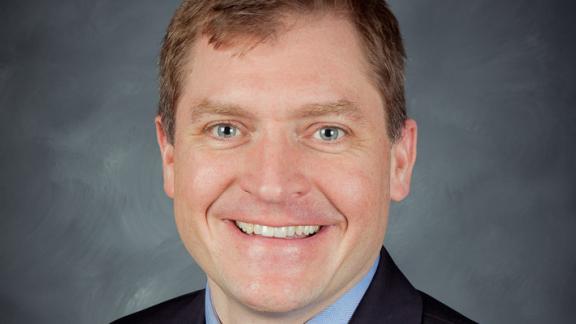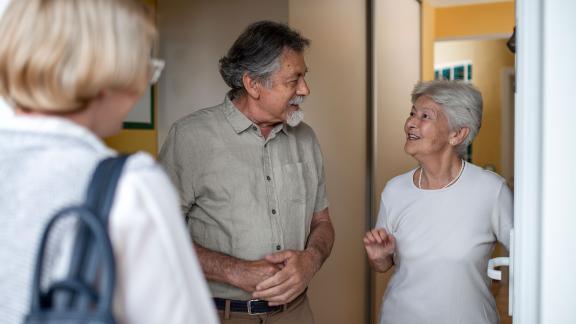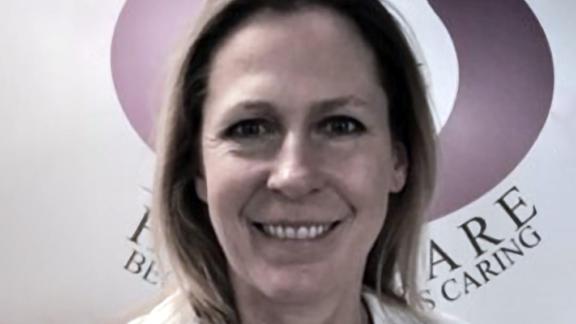A whole-system approach to managing frailty

Frimley Health and Care, one of the first partnerships invited to become an integrated care system, is teaming up with NHS England and The King’s Fund to unpick one of the biggest challenges facing health and care: frailty. Alex Barnett, Head of Analytics at Frimley Health NHS Foundation Trust, talks about this new research.
People at any age can be frail, but frailty can creep up on all of us as we get older – and with that comes the risks of losing independence, hospitalisation, nursing home admission and death.
Addressing frailty as life expectancies rise into the 90s is a significant challenge. More people will be living with several long-term conditions and increasingly complex needs must be anticipated and managed effectively, not only to reduce admissions but to improve improving quality of life and maintaining independence.
At Frimley Health and Care, our research collaboration with NHS England and The King’s Fund will develop our understanding of frailty and what we can do to integrate our health and care services to improve the outcomes of more vulnerable people.
As one of the first integrated care systems in the country, we are in a strong position to build health and social care partnerships that make a positive difference to our population’s health.
To do this effectively, we need to generate some real insights that define the experiences of people living with frailty: what happens as people become more vulnerable? Why is it a growing challenge? What’s wrong with our current ways of working? What is it we do that really makes a difference in supporting these individuals?
We can then move towards solutions as informed agents of change – solutions that are designed to deliver a set of system outcomes as our ultimate goal across both health and social care
Sunny Dosanjh, associate director for analytics, says: “Getting the outcomes right is the foundation for all our work, not just analytics, but as a whole system – it tells us where we might need to create a new intervention or whether our investments are delivering value to our service users.”
Our current system outcomes and their component parts need to be tested in the context of frailty, and this will give us a framework in which to explore the opportunities available as part of an integrated care system. It is key that we are representing our population in these outcomes so that we are focused on the issues that matter most.
We can already name some aspirations – helping people to live longer, healthier lives, reducing the need for crisis support in hospital and fewer emergency admissions, and minimising the risk of nursing home care.
Adrian Hayter, a GP at Runnymede Medical Practice with over 20 years’ experience, sees the opportunity for our research project to establish priorities and help leverage intelligence across the whole patient journey, their pathways of care and the experiences they have at each touchpoint.
As we move forward, he hopes we can create integrated care that gets the basics right with individual care planning and talks about a shift towards understanding what matters most to a patient – rather than what’s the matter with them? He says: “Patients tend to be less interested in their sodium levels and more interested in whether they can get to the hairdresser.”
By identifying cohorts of individuals most at risk, we can act earlier and provide more tailored, individual support to prevent or slow down disease progression, and build resilience and self-care among individuals.
In a complex health and care system that has many interconnecting moving parts, we must have a clearer picture of the landscape and how it operates before we can recommend change that will help us to achieve the right outcomes for the future.
We are starting to ask these questions while building a learning network involving clinicians and local people from the communities across the Frimley Health and Care footprint. This will consolidate our thoughts, establish a platform of partnership and co-creation, and, ultimately, help our communities to thrive.
You can read more on our research approach.
Alex Barnett is the head of analytics for the Frimley integrated care system.
Discover more about ICSs and integrated care at Confed18, the NHS Confederation’s annual conference and exhibition on 13 and 14 June.
Sessions include:
- Integrate or Disintegrate: How to Transform Health and Care
- Leading Integrated Care: From Vision to Reality
- Pathway to Integrated Care
- Integrated Care: Making it Happen
- Prevention and Innovation: How integrated care systems can deliver a radically different approach to public health/population health
- The Journey to Integration: Lessons Learned from Localities



